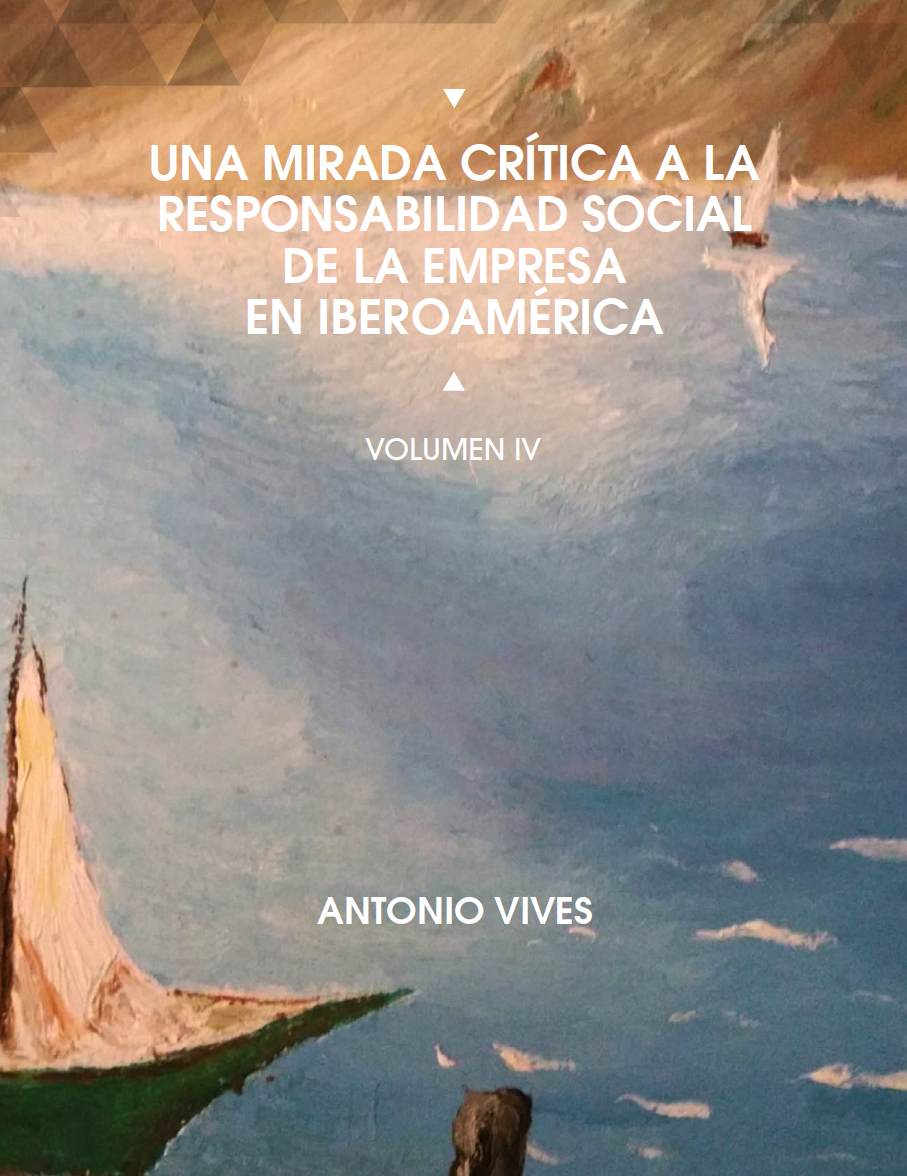CSR in SMEs: an analysis of donor-financed management tools
Peter Lund-Thomsen,
Dima Jamali and Antonio Vives
SOCIAL RESPONSIBILITY
JOURNAL VOL. 10, NO. 4, 2014
(Documento disponible al final)
Abstract
Purpose – This paper aims to analyze the potential and limitations
of donor-financed management
tools that seek to
promote corporate social responsibility (CSR) in small and medium-sized
enterprises (SMEs) in developing countries. Drawing on key insights from three
streams of literature relating to institutional theory, critical perspectives
on CSR in developing countries and the literature on CSR and SMEs in the
developing world, the potential and limits of donor-financed management tools
aimed at promoting CSR in developing country SMEs are analyzed.
Design/methodology/approach – Using official UN and Organization of
Economic Cooperation and Development lists of all multilateral and bilateral
donor agencies, 38 donors that might have produced such CSR tools were
identified. The authors contacted them via e-mail and/or telephone, and
conducted an extensive Internet search with the aim of identifying whether they
had developed management tools aimed at promoting CSR in SMEs in developing
countries. The authors then scrutinized the contents of the 11 tools identified
and examined the extent to which these tools accord attention to contextual
differences and specific peculiarities of institutional environments in
developing countries; the extent to which these tools account for the silent or
sunken aspects of CSR which have been prominently highlighted in the SME – CSR
literature; and the extent to which these tools accord attention to the
paramount concern for poverty alleviation in developing countries.
Findings – Overall, the analysis testifies to the continued
predominant orientation of these tools to the context of larger firms in
developed countries, with insufficient tailoring or customization to the
specific realities of SMEs in the South.
Research limitations/implications – In-depth interviews with aid
agency personnel, SMEs, workers or community members were not conducted. Hence,
this study should be seen as an initial, exploratory desk study of the
potential and limits of management tools aimed at promoting CSR in SMEs in the
developing world.
Practical implications – It is suggested that donor agencies could
develop such tools in a bottom-up fashion by first mapping the silent CSR
practices of SMEs in developing countries and then use this as a basis for strengthening
existing CSR activities in SMEs instead of trying to impose new priorities from
the outside. This might enhance the local relevance and applicability of these
management tools.
Originality/value – The study is likely to be the first analysis of
the potential and limits of management tools that are developed by donor
agencies with the aim of promoting CSR in SMEs in developing countries.
Keywords Developing countries, Small and medium-sized enterprises,
CSR management tools, International donor agencies
Paper type Research paper
Pueden encontrar el texto
completo en CSR in SMEs: an analysis of donor-financed
management tools
(No entiendo por qué, pero si a la primera no
funciona, probar varias veces)












No hay comentarios:
Publicar un comentario